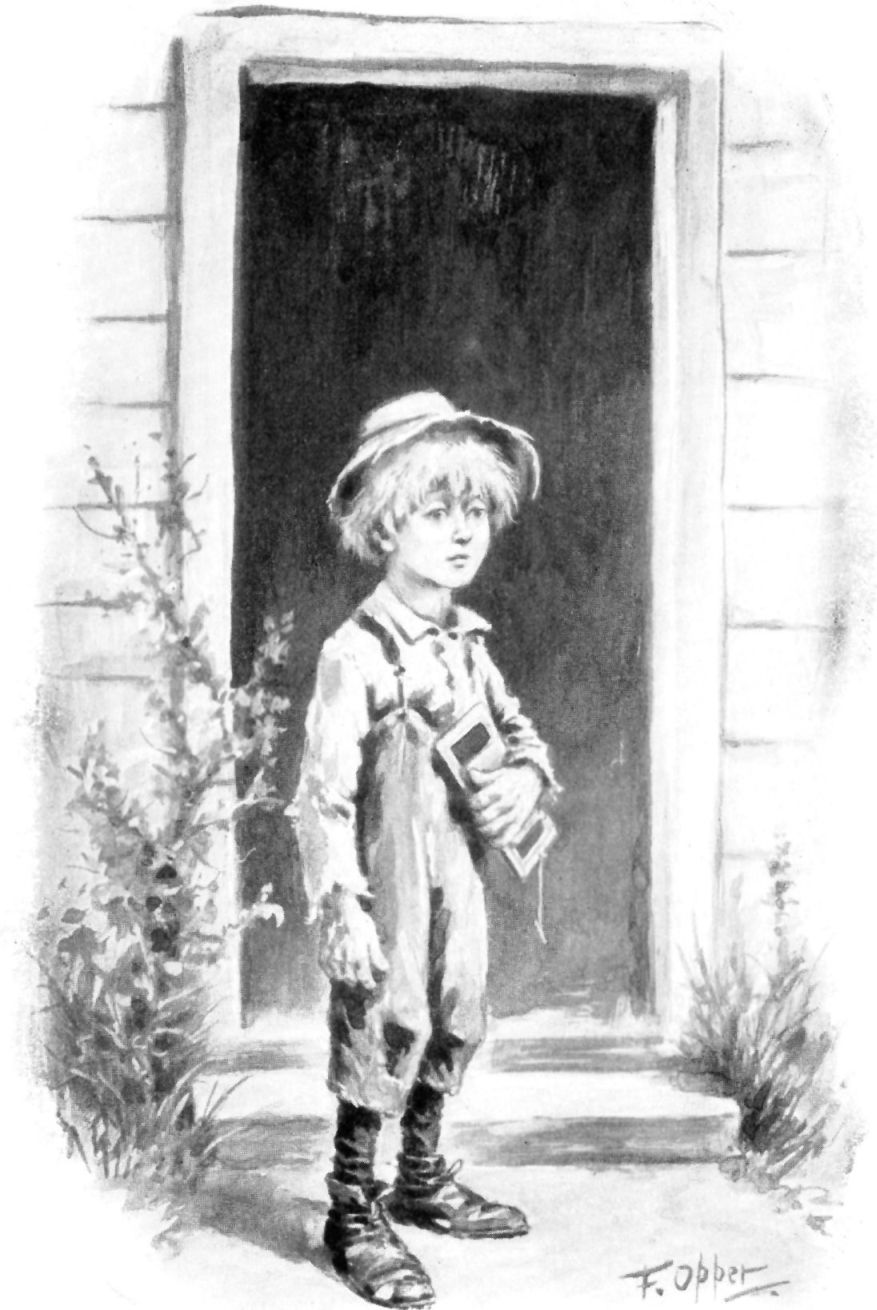THE HOOSIER SCHOOLMASTER
A Story of Backwoods Life in Indiana
REVISED
with an introduction and Notes on the District by theAuthor,
EDWARD EGGLESTON
With Character Sketches by
F. OPPER
and other Illustrations by
W.E.B. STARKWEATHER

PUBLISHERS NEW YORK
1871
CAIRN, THIS EDITION IS INSCRIBED TO THE
MEMORY OF JAMES RUSSELL LOWELL,
WHOSE CORDIAL ENCOURAGEMENT TO MY
EARLY STUDIES OF AMERICAN DIALECT IS
GRATEFULLY REMEMBERED.
THE AUTHOR.
PREFACE TO THE LIBRARY EDITION.
BEING THE HISTORY OF A STORY.
"THE HOOSIER SCHOOL-MASTER" was written and printed in theautumn of 1871. It is therefore now about twenty-one years old, andthe publishers propose to mark its coming of age by issuing alibrary edition. I avail myself of the occasion to make some neededrevisions, and to preface the new edition with an account of theorigin and adventures of the book. If I should seem to betrayunbecoming pride in speaking of a story that has passed intoseveral languages and maintained an undiminished popularity formore than a score of years, I count on receiving the indulgencecommonly granted to paternal vanity when celebrating the majorityof a first-born. With all its faults on its head, this little talehas become a classic, in the bookseller's sense at least; and apublic that has shown so constant a partiality for it has a rightto feel some curiosity regarding its history.
I persuade myself that additional extenuation for this biographyof a book is to be found in the relation which "The HoosierSchool-Master" happens to bear to the most significant movement inAmerican literature in our generation. It is the file-leader of theprocession of American dialect novels. Before the appearance ofthis story, the New England folk-speech had long been employed forvarious literary purposes, it is true; and after its use by Lowell,it had acquired a standing that made it the classic linguarustica of the United States. Even Hoosiers and Southernerswhen put into print, as they sometimes were in rude burlesquestories, usually talked about "huskin' bees" and "apple-parin'bees" and used many other expressions foreign to their vernacular.American literature hardly touched the speech and life of thepeople outside of New England; in other words, it was provincial inthe narrow sense.
I can hardly suppose that "The Hoosier School-Master" bore anycausative relation to that broader provincial movement in ourliterature which now includes such remarkable productions as thewritings of Mr. Cable, Mr. Harris, Mr. Page, Miss Murfree, Mr.Richard Malcom Johnson, Mr. Howe, Mr. Garland, some of Mrs.Burnett's stories and others quite worthy of inclusion in thislist. The taking up of life in this regional way has made ourliterature really national by the only process possible. TheFederal nation has at length manifested a consciousness of thecontinental diversity of its forms of life. The "great Americannovel," for which prophetic critics yearned so fondly twenty yearsago, is appearing in sections. I may claim for this book thedistinction, such as it is, of being the first of the dialectstories
